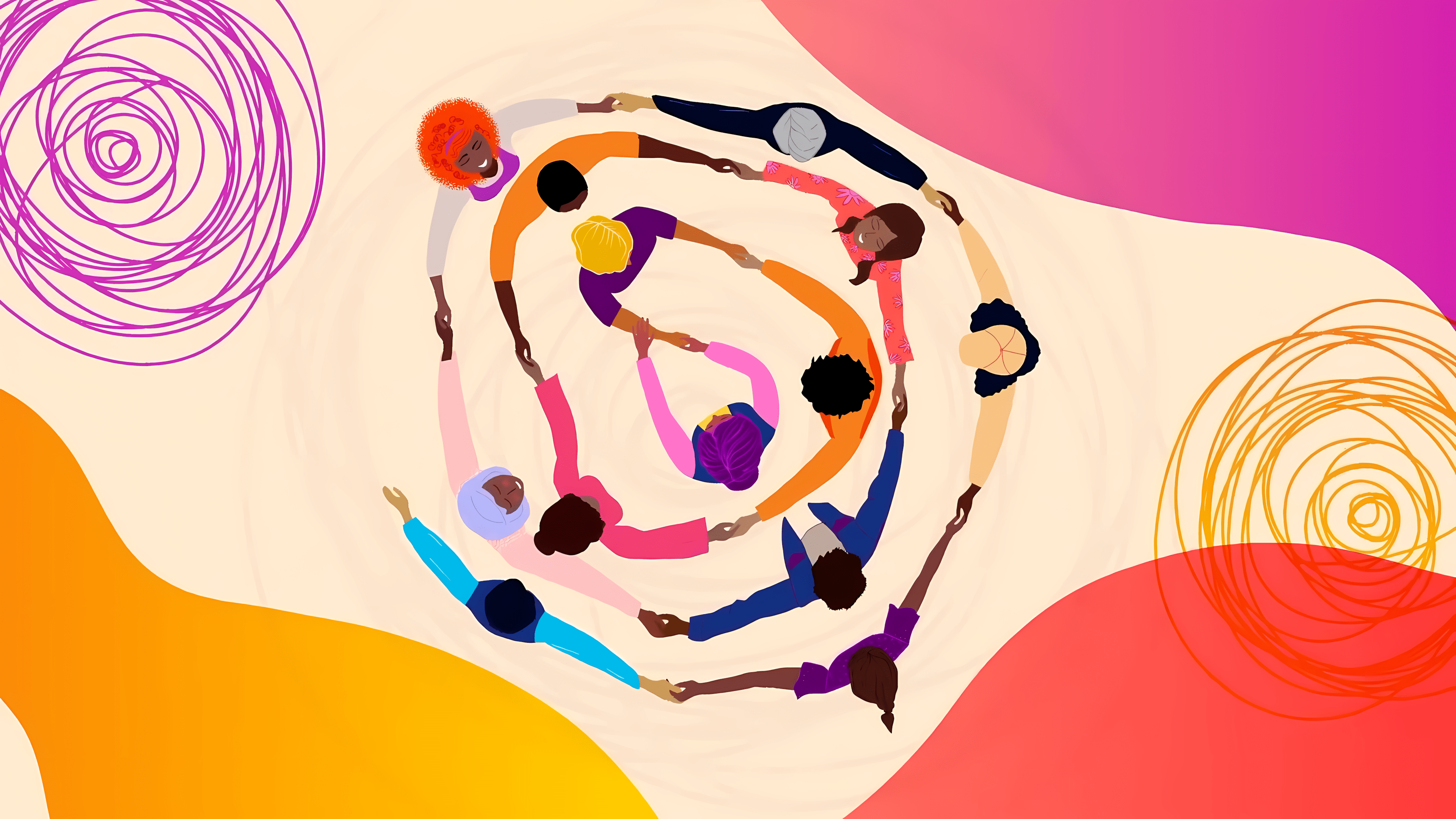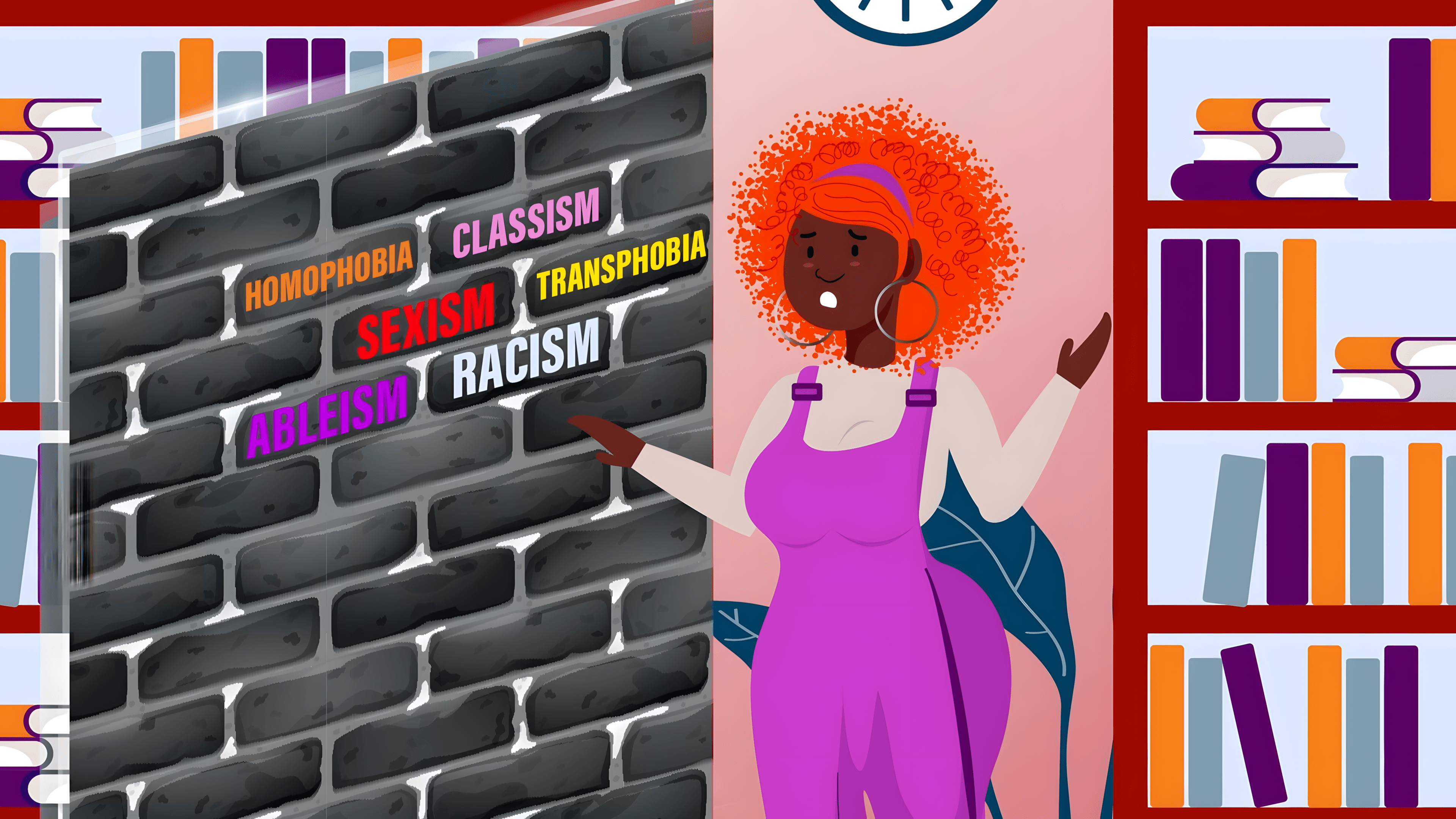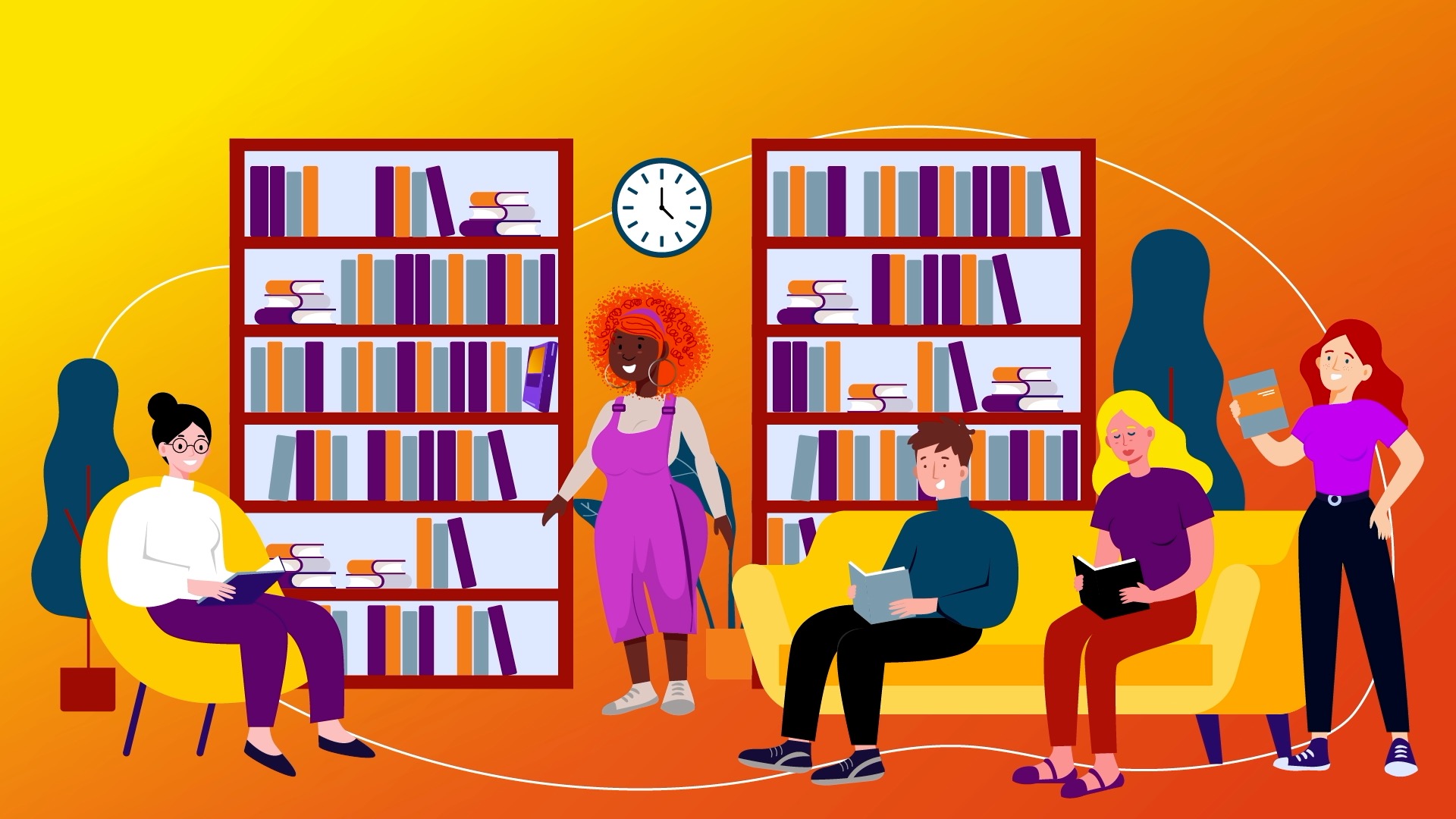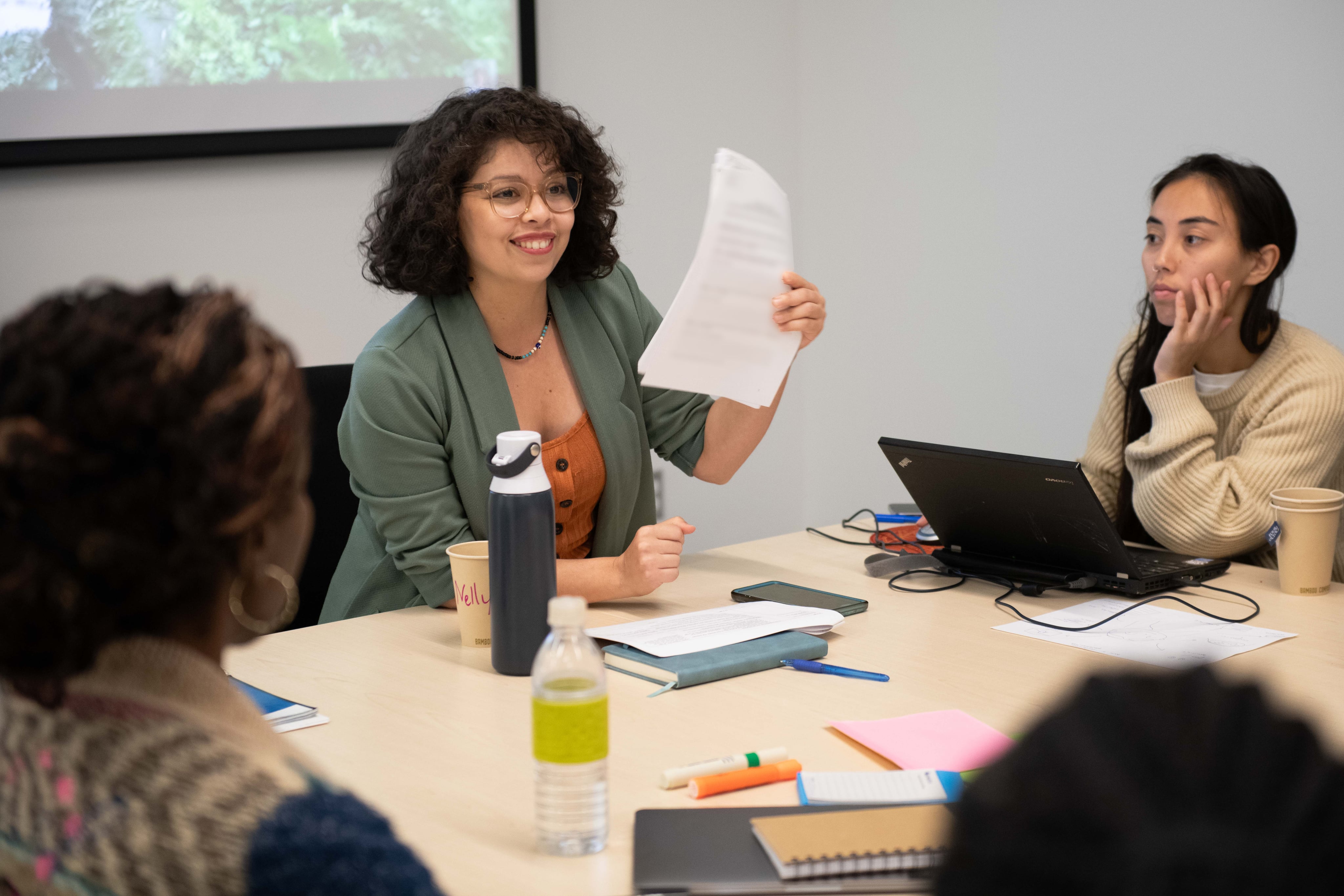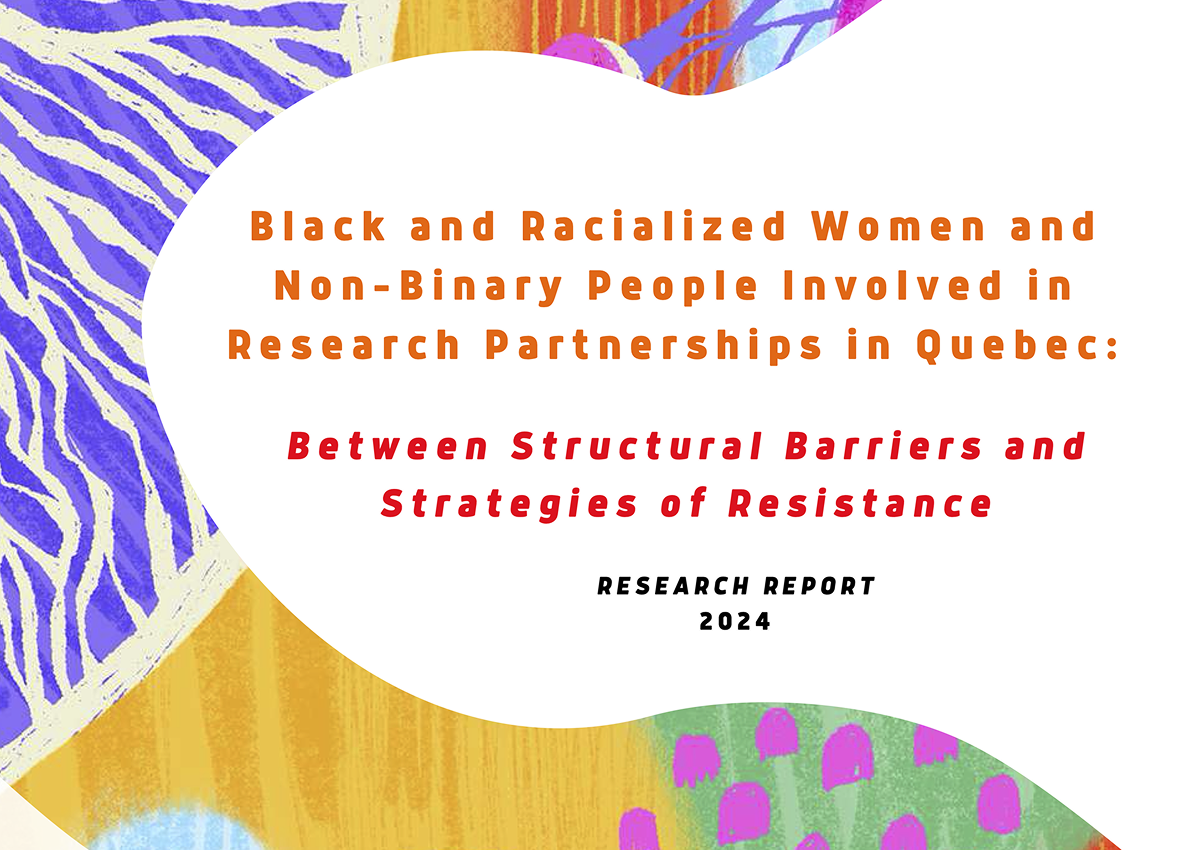(Re)building Research–Community Alliances
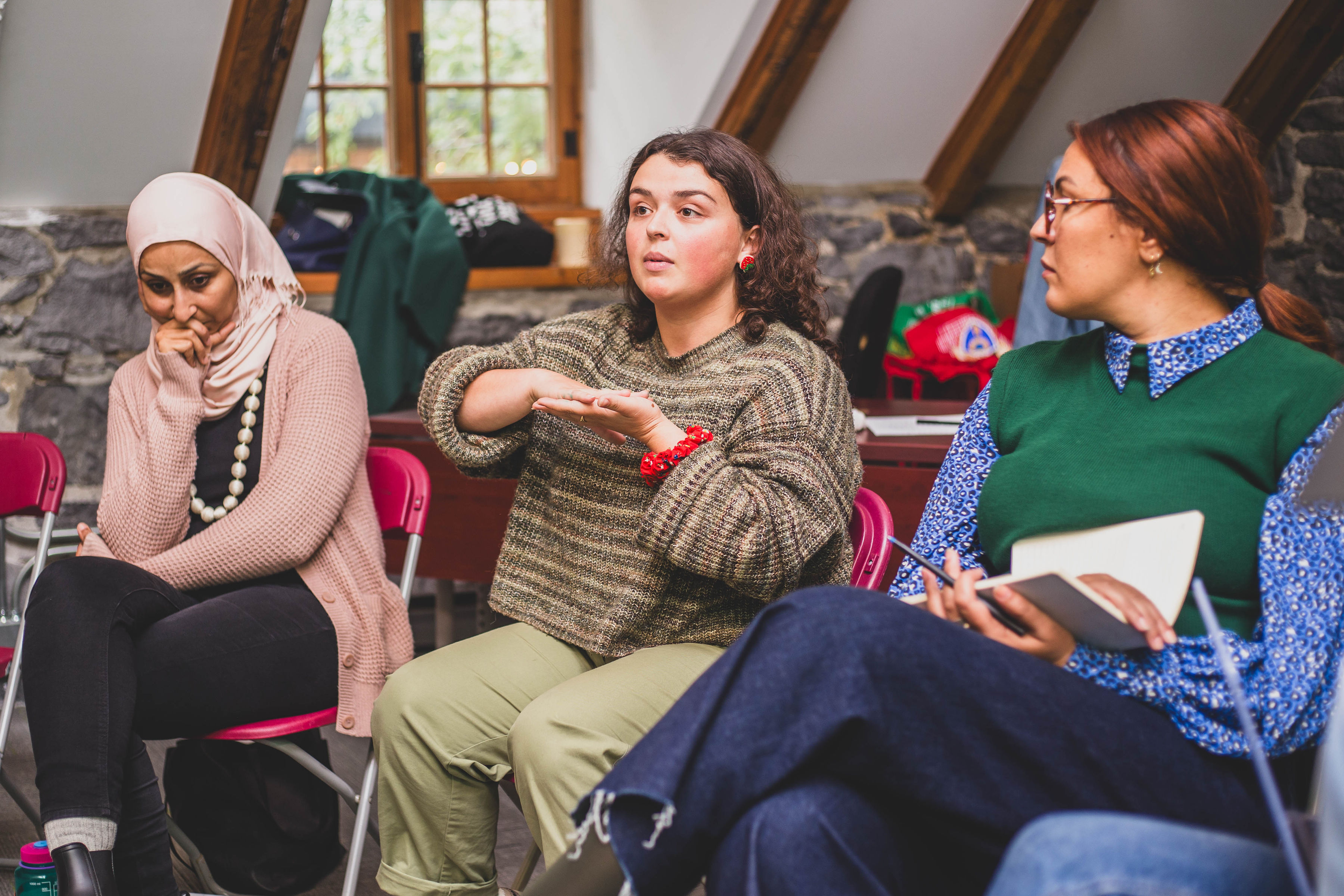
Partnership-based research promises collaboration between academic and community sectors. Yet, in practice, these bridges are often fragile, marked by oppressive power imbalances, conflicts, and extractive approaches. For a genuine alliance to take root, we must first acknowledge the structural inequities that undermine these collaborations—and offer concrete pathways for transformation.
“We’re Not Just Here to Legitimize Your Research”
As numerous participants in the PARR project research report emphasize, community groups are too often called upon at the last minute to “validate” research that has already been finalized. Yet these individuals hold their own knowledge, experiences, and political perspectives. Engaging them without fully recognizing their role as co-producers of knowledge amounts to instrumentalizing their presence.
In focus groups conducted as part of the research, many shared experiences of extraction: rapid data collection with no feedback, no follow-up, and no benefit for the communities involved. “They ask us to give everything, but then they never get back to us,” said one participant. Other testimonies describe reopened wounds, fatigue, and mistrust. After being “consulted” repeatedly without real power, those affected often withdraw to protect themselves.
Understanding the Tensions: Between Mistrust, Appropriation, and Asymmetry
These tensions stem from unequal resource distribution (time, money, status), conflicting expectations, and mutual misunderstanding. On one side, researchers face institutional constraints, tight deadlines, and publication pressures. On the other, community groups are overburdened, precarious, and often lack the tools to effectively negotiate their positions within academic frameworks.
In response, resistance emerges: refusal to participate in certain research, demands for fair compensation or clear terms, and the creation of collective boundaries. These acts of resistance are not barriers to research—they are calls to rethink how research is done.
Towards Just and Equitable Partnerships
For a partnership to function genuinely, several essential conditions must be met:
- Fair compensation for individuals and organizations involved, starting from the earliest stages of the project.
- Adequate time to build relationships, align expectations, and respect the rhythms of the community.
- True co-creation of research questions, methods, and analysis.
- Full recognition of community partners’ roles—not just as resources, but as co-authors and co-creators of meaning and knowledge.
Tools for Changing Practices
Several concrete approaches emerge from the PARR project’s findings. Among them:
- Creating advisory committees that bring together diverse individuals who are affected by or work directly with the communities involved. These committees help expand perspectives and foster a more equitable representation of different viewpoints.
- Developing a clear ethical framework to guide collaboration, incorporating mechanisms for feedback, ongoing consent, and reparations when necessary.
- Embracing a by-for-with approach that centres the needs of those concerned and recognizes their authority over their own knowledge and lived realities.
(Re)building research–community alliances is more than just a slogan. It is a demanding process that requires unlearning deeply ingrained habits, allowing ample time, and embracing conflict and disagreement. It remains the only way to produce knowledge that is meaningful, rooted, and just.
Some excerpts are drawn from testimonies in the PSRR report or from the reflective card game. These have been adapted and anonymized for outreach purposes.
Promotion des actrices racisées en recherche (PARR). (2024). Strategies in bloom: Cultivate your well-being in collaborative research (Reflective card deck - English version). A tool for raising awareness and self-reflection, based on the testimonials and transformation ideas shared as part of the PARR project.
The definition of epistemic injustice is taken from the PARR report, which quotes Godrie, B., Desrosières, E., & al. (2020). Les injustices épistémiques : vers une reconnaissance des savoirs marginalisés.



